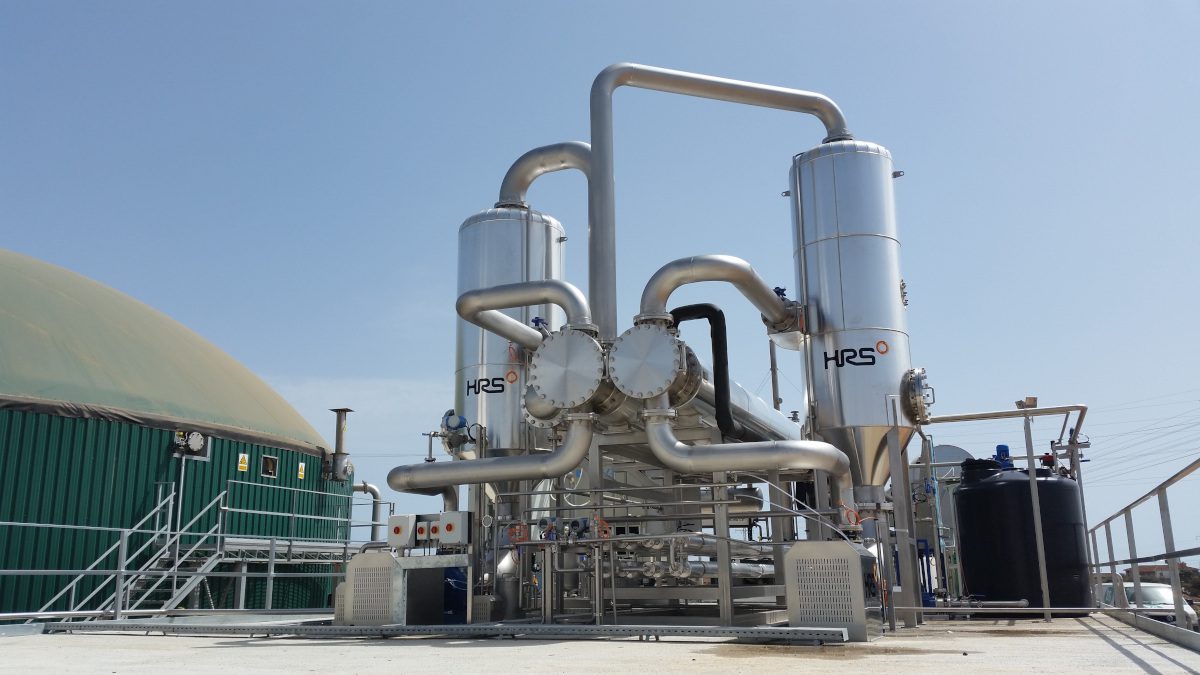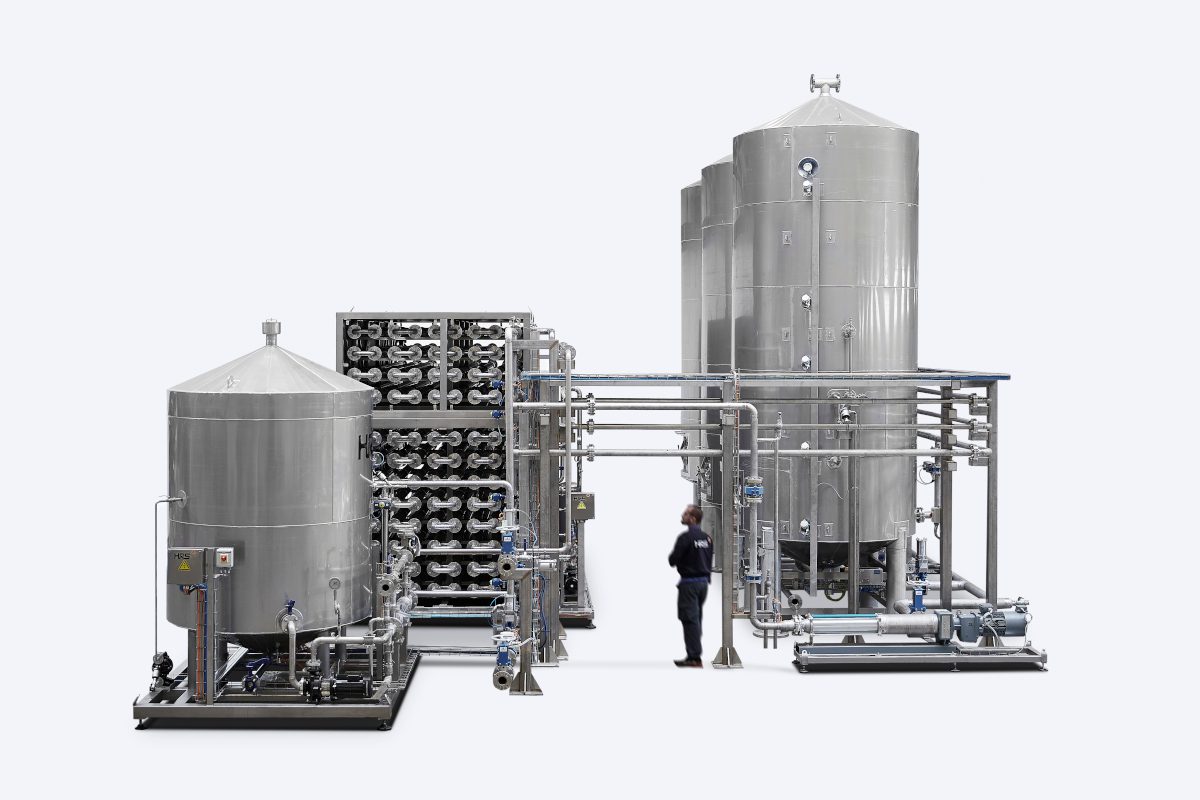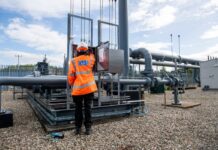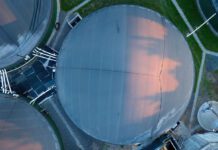
By Matt Hale
A new report published by the European Biogas Association (EBA) has highlighted that the true benefits of anaerobic digestion (AD) measured across the whole system, ‘far outweighs current production costs.’ This confirms our long-held view that in order for AD projects to be fully sustainable, both economically and environmentally, the entire process must be considered and optimised.
Many studies into the value of AD only look at the value of the energy or biomethane produced by the plant. However, Beyond energy: monetising biomethane’s whole system benefits1 shows that ‘in 2030, the whole system benefits of biomethane production in the EU27 + UK could range from €38-78 billion per year, rising to €133-283 billion by 2050.’

The report stresses that, ‘As well as renewable energy provision, biomethane production can deliver numerous additional environmental, economic and social externalities’ including:
- Soil health benefits
- Greenhouse gas emission benefits (for example through the direct replacement of fossil fuels and the avoidance of fugitive emissions from agriculture)
- Energy security
- Provision of biogenic carbon dioxide
- Organic waste processing
- Job creation
As Giulia Cancian, EBA Secretary General, comments: “This report sheds light on the added value of biomethane for our society, beyond renewable energy provision. The biomethane industry, policy makers and regulators need to work closely together to fully realise these benefits, prioritising organic waste and residue feedstocks, incentivizing sustainable agricultural production and valorising biomethane co-products (digestate and biogenic CO2).”
HRS has long argued that aspects such as waste treatment and the production of sustainable digestate biofertiliser should be seen as being as important parts of the overall AD process as biogas production (and further processing). This new report confirms this and (where possible) puts the benefits into economic context.
Not all of these benefits can be easily quantified. For example, the application of digestate to agricultural soils can improve water retention and water cycling, boost soil organic carbon and biodiversity, and reduce soil erosion. All of these have clear benefits, not only in terms of sustainable agricultural production, but also in terms of environmental improvement and the mitigation of potentially damaging events (such as flooding and soil erosion) which would otherwise require taxpayer’s money to rectify. However, putting a sensible financial estimate against these benefits is almost impossible.

Therefore, wider government policies, including planning and support for the construction and operation of AD plants, waste collection and management, and food and farming, should all consider these factors (and the many other detailed in the EBA report) in order to maximise the provision of these wider benefits throughout society. In particular, as the report concludes, the following actions should be adopted at a European and UK level:
- Ensure the full benefits of AD are recognised by policy makers at both European and national levels
- Mobilise and prioritise waste and residual feedstocks
- Incentivise sustainable agricultural production
- Support the further commercialisation of technologies such as thermal gasification
- Maximise the value and use of biomethane coproducts such as digestate and CO2.
HRS produces a range of systems which directly help biogas plants provide these benefits. These include the HRS DPS (Digestate Pasteurisation System) and HRS DCS (Digestate Concentration System) for enhanced digestate production and management, as well systems for the pre-treatment of feedstocks such as pasteurisation and thermal hydrolysis. We also produce systems to improve the operation and efficiency of AD plants, including our HRS BDS (Biogas Dehumidification System), and heat exchangers for exhaust gas cooling and digester heating.







